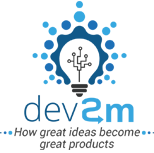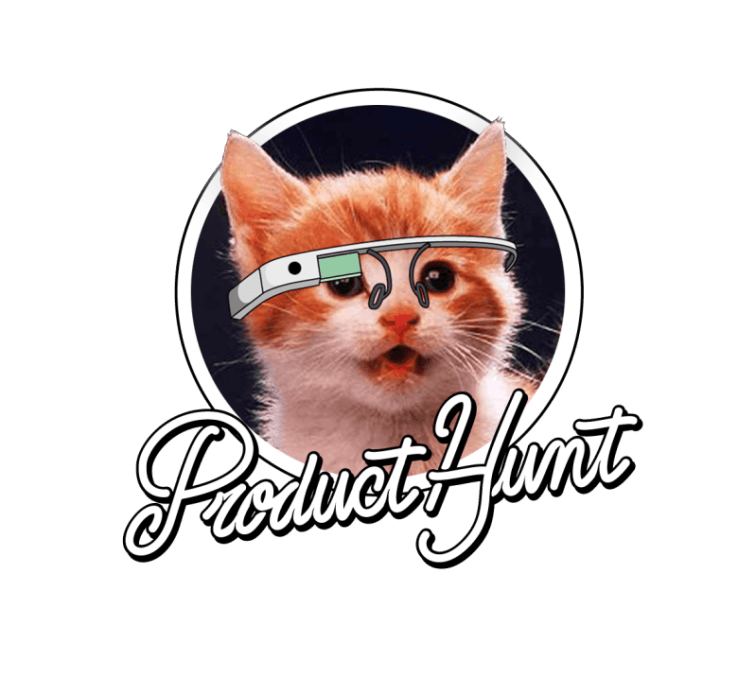
15 Mar
Healthcare Technology: 5 tech innovations and trends to expect in 2023
In recent years, an increasing number of innovations and trends have been established in the healthcare sector. Healthcare technology could not remain unaffected by today's technological advances and trends. Apart from more advanced machines, healthcare technology will include more "smart" devices and technologies by the end of 2023.
These "smart" devices and technologies can take on tricky and challenging tasks or repetitive and time-consuming procedures. They can be directed to a desired, quick and accurate outcome, maximizing human potential while significantly reducing the possibility of error. This is what stands out in today's healthcare technology.
This innovative technology is not new, as we have witnessed those technological advancements in various fields. Those advancements simplify complex processes and improve staffers' lives by assuming the most difficult tasks. As a result, healthcare technology could not remain unaffected, given the recent leaps in progress and evolution. Furthermore, due to tech-savvy innovations that simplify complex tasks, employees could become more innovative and creative.
Beyond these state-of-the-art means with more accurate results and unique characteristics in healthcare technology trends, there is also a massive tendency toward patients. That means some healthcare trends revolve around the patient's positive experience. As in other branches, we want our patients to be satisfied and happy and to have unforgettable experiences through healthcare procedures. So, the healthcare sector possesses cutting-edge technology for patients, acquiring the potential of a completely personalized experience.
Continue reading the following text if you wish to gain further insight into the potential developments in the healthcare technology field.
Healthcare Technology: 5 tech innovations and trends to expect in 2023
1) ΑΙ
AI is the first and most fundamental trend seen increasingly in healthcare technology in 2023 and will reach its peak in the future. The fact that it can be viewed in various branches and channels contributes to the fact that it is an essential tool. Adopting the human form of thinking, AI can arrive at results easily, quickly, and accurately. Therefore, it is more than necessary in many fields, such as healthcare.
What applications of AI are there in the field of healthcare?
- Conducting research and amassing information
Artificial intelligence is ideal for collecting and analyzing patient, trend and competitor data. However, its performance will improve using a high-quality gathering and analysis method. devToM is the optimal solution for performing quick and dependable data analysis at any time. Most of devToM's clients are from the financial sector, followed by the healthcare and hospitality industries. However, devToM aims to reach every sector and increasingly develop solutions for retail industry clients. Consequently, devToM is more than just a dependable and essential ally for the healthcare industry; it was designed specifically for it.
devToM is an AI-powered platform for Product Development that facilitates the transformation and administration of product ideas. This software-as-a-service (SaaS) application enables product intelligence by integrating AI, unstructured data, and established industry standards.

devToM is an exceptional solution for the healthcare industry. It provides a holistic approach to complex and repetitive tasks that sap the productivity and creativity of employees. devToM offers plenty of opportunities in the:
- Competitive Analysis
- Market Intelligence
- Patents and Trademarks
- Pricing Insights
- Product R&D
- Sentiment Analysis
- Supply Chain Intelligence
- Business Intelligence
Therefore, with the help of devToM, the company can discover a set of information, such as information regarding trends in healthcare, market trends, and competitors, as well as appropriately prepare for future developments and perform an in-depth analysis of the audience. For instance, by utilizing devToM, you can understand what is currently prevalent in the market and be the first to comprehend the claims made regarding healthcare technology entirely.
Sign up for devToM today or log in to unlock the features provided.
- AI and diagnoses
AI can be added to machines to produce more precise results for diseases and their diagnoses, such as cancer and psychological disorders. At the same time, it can still contribute to the advancement, study, and ultimate cure of other diseases and the formulation of medications. This is due to its precision and vast capabilities.
Despite this, AI is typically utilized for diseases, such as self-examination (some applications allow patients to upload photos and provide a preliminary diagnosis. Using AI, a healthcare-related company, for instance, can research a specific Twitter hashtag to determine how users feel.

- Natural language processing
Chatbots are the most prevalent and widely used form of natural language processing, with many businesses increasingly adopting them in recent years. Chatbots are pop-up chat windows in which the user converses with an AI program, which provides solutions, answers questions, and directs the user based on the issue.
2) Telemedicine
Telemedicine could not be missed from the list of healthcare technology trends, which after quarantines, still advance. Virtual visits to the doctor provide greater flexibility for patients to receive care in their own homes and can provide numerous benefits to many individuals who have mobility issues, reside in nearby cities, or want to visit the doctor from the comfort of their homes. This is bolstered by the day-to-day evolution of technologies that facilitate secure video conferencing and remote monitoring of vital signs.
3) Patient Experience
User experience and consumer experience are indispensable for all businesses. Thus, healthcare technology has shifted to the patient experience, increasing the possibility for healthcare companies to attract satisfied patients. The patient experience can include unique benefits, quick access to the hospital or transport to the patient's home, service availability 24/7, and anything else that facilitates and simplifies the patient's life.
4) VR training
These technologies represent the future of medical science and healthcare technology. Creating virtual training scenarios for doctors can assist them in enhancing their skills and visualizing themselves in real-world situations. Something similar is also ideal for medical students who require additional practice.
In addition to these VR training machines, there will be an increase in the use of handheld devices in healthcare that includes custom-built hardware and mobile applications that are compatible with that hardware. Handheld devices are more cost-effective and compact, enabling doctors to bring the benefits of heavy machinery to their patient's homes with the same accurate results as older machines. This accelerates the diagnostic process because doctors can access real-time patient data by operating a practical and more functional device.
5) Personalized medicine
Personalized medicine encompasses a comprehensive philosophy and body of knowledge rather than a set of implementable tools, and it could not be absent from healthcare technology. It is new, innovative, and unique, considering each patient's genetic makeup, lifestyle, and the environment when developing a treatment plan. The doctors can now analyze the patient's DNA for more precise results, creating a unique and individualized treatment. Therefore, personalized medicine can transform healthcare by creating more targeted and efficient therapies and enhancing the prevention of future diseases in patients, as this information can be derived from DNA analysis.
The development of technology in the medical field holds a great deal of promise and potential for the future. However, the five trends of healthcare technology we have covered in this article are merely the tip of the iceberg regarding advances in healthcare technology. As a result of the rapid pace at which technological development is occurring, many innovations and trends will appear, transforming the healthcare industry.
AI technology is one of the most important trends we noticed in the healthcare industry. AI technology will occupy many fields, and healthcare is a significant example. devToM is an excellent option for companies desiring to comply with data regulations while also gleaning helpful information from these data. Additionally, with devToM, companies can learn about trends in healthcare and in general, as well as study the wants and needs of their customers.
Moreover, patient privacy will emerge as the most significant trend in healthcare technology in the years to come as technology related to healthcare continues to advance. This will keep the entire healthcare industry extremely busy in the coming years: ensuring that the collection and storage of sensitive patient health data are done to maintain patient confidentiality and prevent data breaches.














